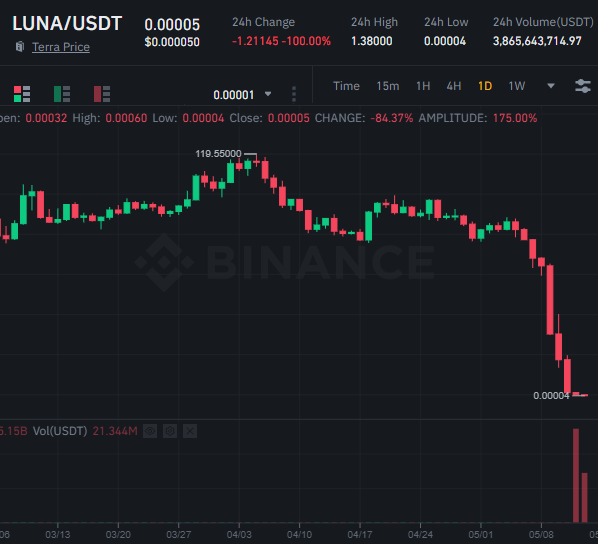How much is too much? Fintech execs on balancing openness and regulation in S’pore
At Singapore Fintech Festival's Green Shoots event, a key point of contention raised was the cost of regulation, especially for businesses.

Last Thursday (March 20), Singapore Fintech Festival held their monthly Green Shoots event. The event’s agenda was a roundtable discussion, focusing on the balancing of openness and regulation, and the priorities and actions of businesses going forward.
Several notable speakers were present, including Monetary Authority of Singapore’s (MAS) Chief Fintech Officer Sopnendu Mohanty, UOB’s Head of Group Operations and Technology Susan Hwee, IBM APAC’s Chief Technology Officer Madhavan Vasudevan, and Truera’s Head of Financial services Shameek Kundu. The session was moderated by Navin Suri, Chief Executive Officer at Percipient.
So what did the speakers have to say about regulations and business?
As tech evolves, regulations must evolve alongside them
One of the most prominent points of discussion was on the need for regulations to shift with time. As technological progress is made, rules and regulations become outdated or lose their effectiveness and clarity.
A key example would be the updating of the Payment Services Act (PSA) in light of cryptocurrencies. It is paramount that regulators like MAS work not just to safeguard what is current, but also future proof their standards, and create new regulations where it is required.
In particular, given the massive aggregations of data and the rising demand for privacy in Singapore today, data regulators might be next on the list of new regulators to be created.
However, there are still questions that need to be answered with regards to data protection, and what constitutes ethical uses of data.
 Madhavan Vasudevan, Chief Technology Officer at IBM APAC / Image Credit: Singapore Fintech Festival
Madhavan Vasudevan, Chief Technology Officer at IBM APAC / Image Credit: Singapore Fintech FestivalData regulators are needed because citizens don’t know whats being done with their data, especially with open banking. We trust banks because we expect them to do the right thing in terms of privacy… But what happens if the banks use your data to find out more information about you? Do they have to ask you about what they do with that information?
– Madhavan Vasudevan, Chief Technology Officer at IBM APACHe was not the only one to raise similar concerns. Several panel member concurred that perhaps new regulators were needed, especially to ensure that data is used responsibly, with Hwee arguing that regulators need to pay greater attention, while businesses need to pay attention to new regulations that are created.
Regulations have cost, but they exist to protect the common good
As a hub for innovation with business-friendly laws, Singapore has attracted a fair share of firms and entrepreneurs. However, while Singapore values innovative businesses, not every single business is welcome.
A key point of contention between panel members was on the costs of regulation, especially for businesses.
Hwee stated that the cost of regulations for businesses have grown greatly, especially since businesses have obligations to know their customers and track if funds are being used for illicit activities.
Now that data is also beginning to be regulated, costs for such regulations are also expected to rise.
 Sopnendu Mohanty, Chief Fintech Officer of MAS / Image Credit: Singapore Fintech Festival
Sopnendu Mohanty, Chief Fintech Officer of MAS / Image Credit: Singapore Fintech FestivalHowever, Sopnendu countered that regulations do not exist for the sake of increasing business costs. Instead, these regulations exist to protect consumers and citizens.
Regulators have driven competition between businesses, and we hope that new companies will build world-class technology. It works by putting pressure on banks (and businesses) to step up their services.
– Sopnendu Mohanty, Chief Fintech Officer of MASShameek agreed, stating that responsibility and rights go hand in hand, especially when it comes to open banking.
“We need to ask ‘how can we protect citizens’ data, and how do we make sure that this data is used with responsibility?’ he added.
Regulators search for value, and businesses should create value
That being said, there is common ground to be found when regulations work and businesses agree with the goals of regulators.
When this happens, businesses create value for customers, and innovate to create better products and services for consumers.
Sopnendu defended this point, urging entrepreneurs to “make something that creates value, instead of making money off of inefficiencies.”
Hwee agreed, bringing the example of how UOB created PayNow and launched digital banks during the pandemic in other countries.
To create something of value, we must consider what brings common utility and how to create a common infrastructure that can bring out that common utility.
– Susan Hwee, Head of Group Operations and Technology of UOB Image Credit: Business2Community
Image Credit: Business2CommunityAt the same time, Sopnendu cautioned against following the market hype and using market value as a substitute for the value of the technology itself.
In line with MAS’ policy of considering blockchain technology and cryptocurrencies as different, Sopnendu pointed out that “market hype can hide real innovation”, referencing the crash of Luna and Terra’s prices last week. He also promised that MAS would continue pressing forward in finding value in such innovations in fintech.
At the end of the day, regulators will seek to protect citizens and while businesses seek to protect profits, there is a limit as to what they will be allowed to do and principles are non-negotiable.
That being said, it seems that MAS will continue to keep an open mind, and continue to seek out value while keeping a close eye on potential abuses. As Singapore moves into the era of big data, regulations need to be updated, and loopholes must be closed.
Featured Image Credit: Singapore Fintech Festival

 BigThink
BigThink 






























